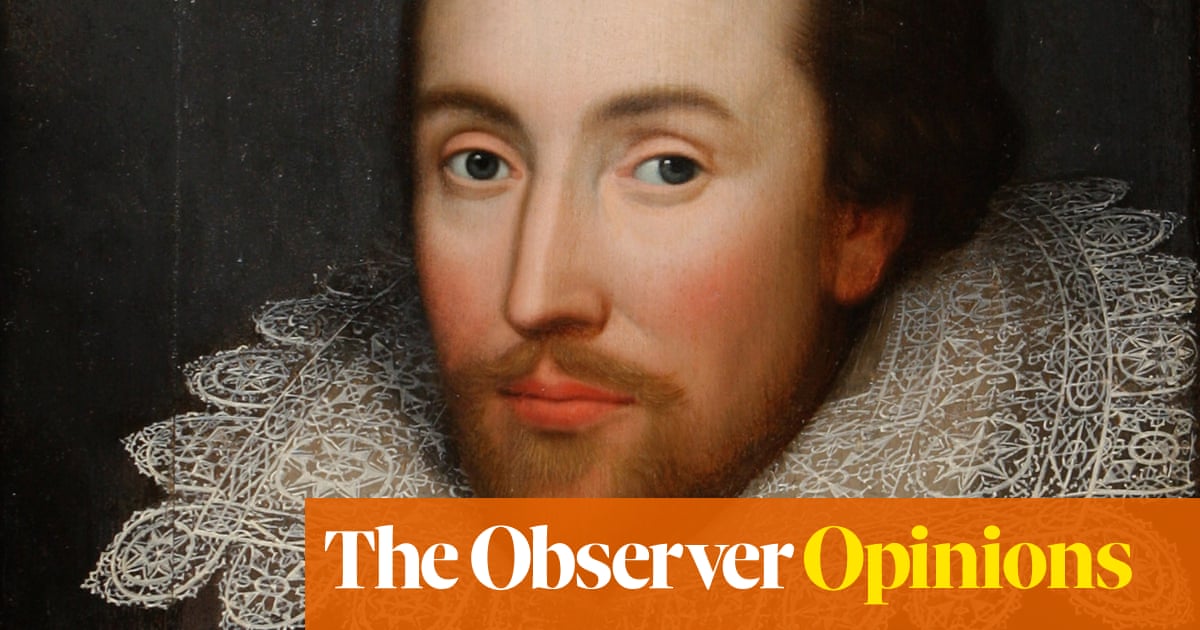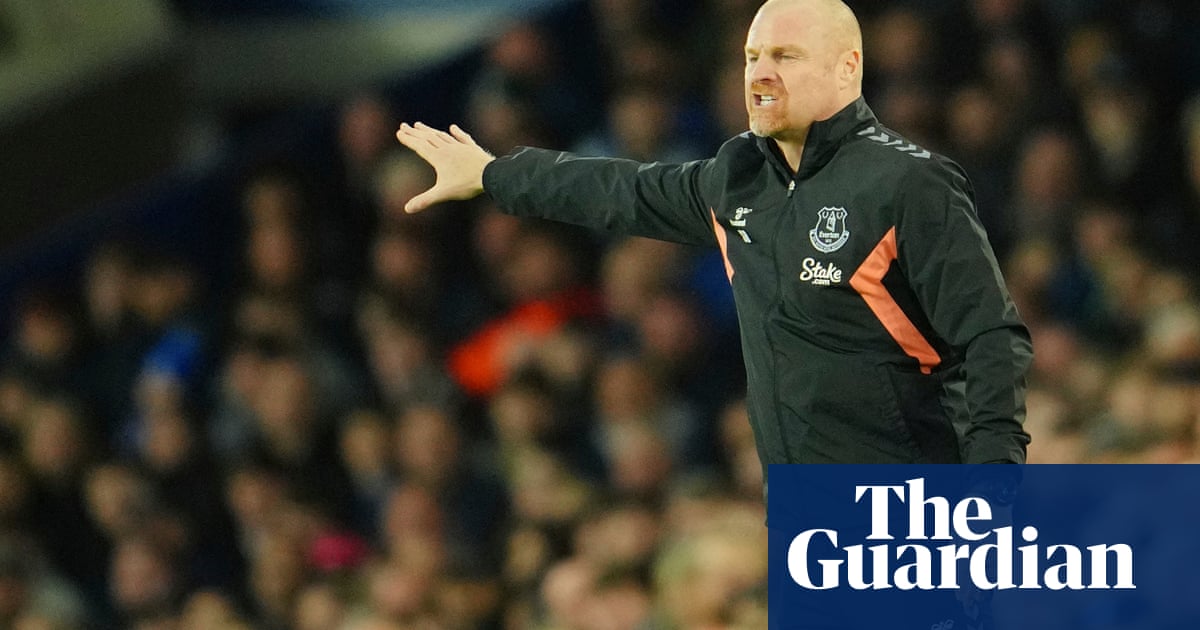
My favourite subjects at school were English and history. By A-level I had to pick which one to study for university. I chose English. Reading Richard Cohen’s deliciously erudite book Making History makes me reconsider whether I made the right choice.
History is not simply about being bogged down in a library trying to decipher an unintelligible manuscript with a magnifying glass. It is not just about delivering an extensively developed lecture to a room with 10 people.
It is all of that. But it is also much more. It is about myth, fiction, politics; it can be expressed through books, articles and television documentaries; it can be written or presented by anyone. It is about communicating the sheer pleasure of knowledge – that ecstatic state I was in when I received and leafed through my first encyclopaedia as an 11-year-old boy, of discovering a rich seam of facts and figures, personalities and icons.
Cohen’s book is a history of the writing of history: he looks at canonical historians, from Thucydides to Edward Gibbon, from Herodotus to Thomas Babington Macaulay. And present-day historians too: from Mary Beard to Niall Ferguson.
But he also examines other influential but unorthodox historians, from William Shakespeare to Leo Tolstoy, from Winston Churchill to Ulysses S Grant.
The footnotes are also excellent. From one footnote I learned that in the century after Shakespeare and Ben Jonson’s death, “Jonson’s name appeared in print three times as often” as Shakespeare’s. The only Jonson play I can name off the top of my head is Volpone, which is Italian for sly fox. History can also be very funny.
Guardiola’s big fail
Pep Guardiola is one of the most decorated football coaches in history. As such, he sets exceptional standards for himself. After his side, Manchester City, thrashed RB Leipzig 7-0 in the Champions League last Tuesday he spoke about why he would never be satisfied even if he won successive Champions League trophies: Julia Roberts has never visited Manchester to watch his team play.
In the post-match conference, Guardiola said of the star: “She is a hero of mine, but even if we win three Champions Leagues in a row I will be judged a failure. I tell you why: five years ago when we were better than Man United and she came to Manchester, she went to see United and not us.”
That hunger, that drive – Guardiola is my hero.
Peckham grows up
I can’t wait to watch the new film Rye Lane: according to critics, it is a beautifully shot and humane romantic comedy set in Peckham.
As a south-east Londoner who grew up closer to the Kent borderlands than to the borough of Southwark, Peckham has always seemed exotic to me. (Not to my mum. On a rare visit there a few years ago, she told me “this place smells like Lagos!”)
Whenever I have visited Peckham as an adult, 90% of it has been to go out clubbing; most of the other 10% to watch films at the ebullient Peckhamplex cinema.
So it was a privilege to attend the civilised Sunday Times Charlotte Aitken young writer of the year award at a suave venue in Peckham last Tuesday. (The prize went to Tom Benn for his second novel, Oxblood.)
Drinking too much, forgetting people’s names soon after meeting them, craning my ears, awkwardly navigating a darkened room with a spaghetti mass of people, sticking with my friends as tightly as possible – attending the ceremony marks a significant stepping stone from my Peckham clubbing days. Mature adulthood finally beckons..
Tomiwa Owolade is a contributing writer at the New Statesman











